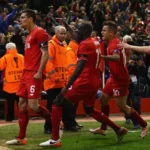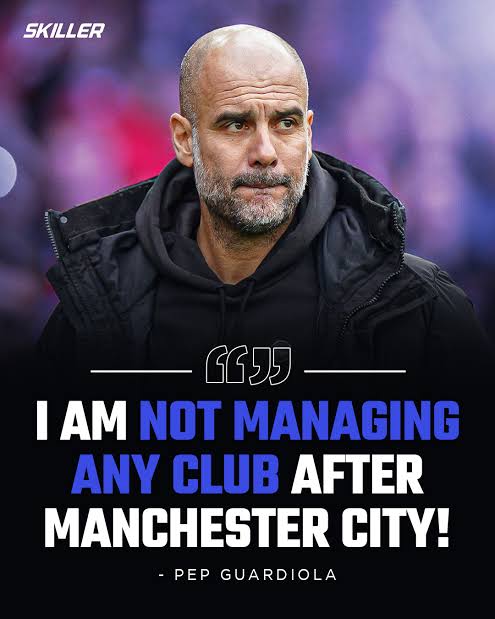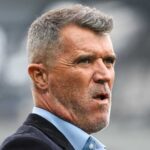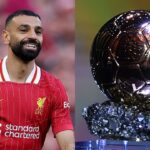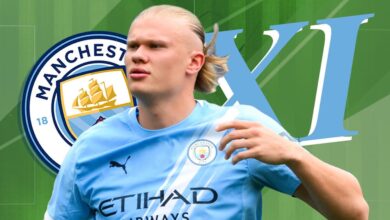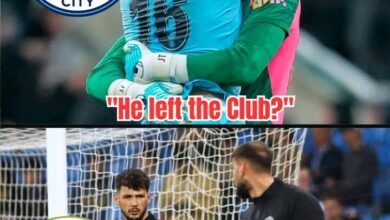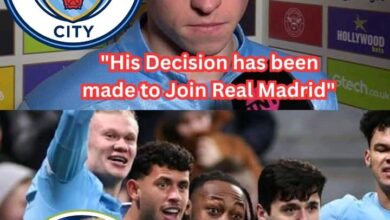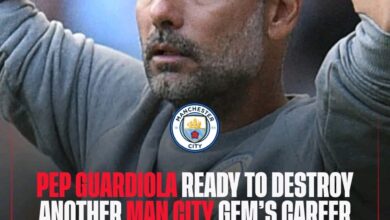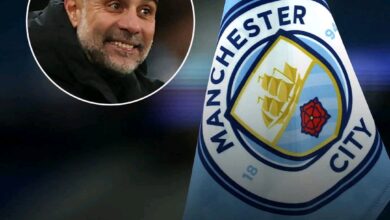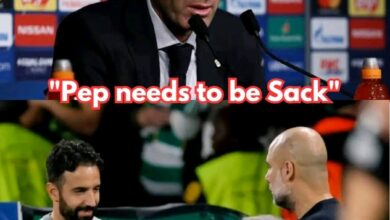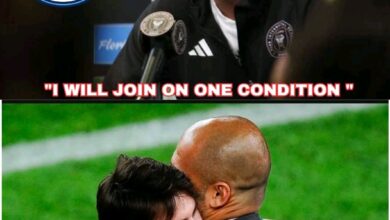Jurgen Klopp agrees to new job just weeks after dismissing managerial return
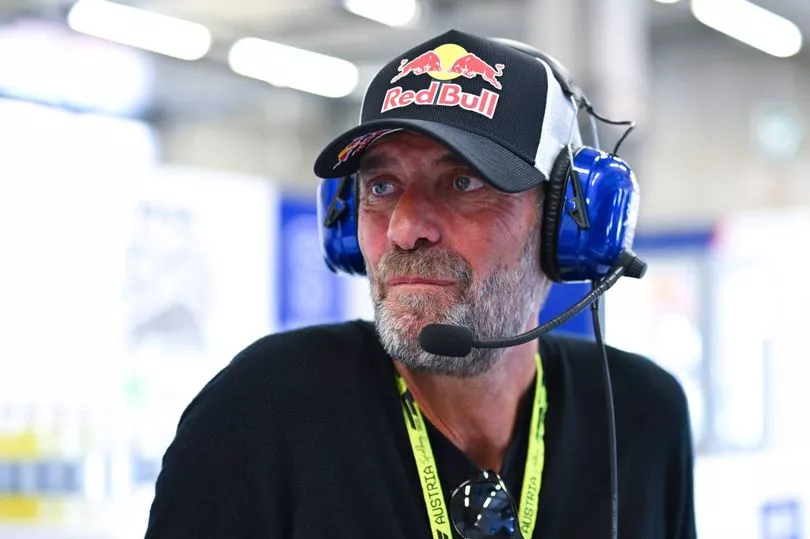
Jurgen Klopp has always been a man who refuses to sit still for too long. After leaving Liverpool in the summer of 2024, he promised himself a long break from the madness of football management. He wanted peace, time, and distance from the touchline that had defined his life for decades. But even for a man like Klopp — who once said he could live happily without football — it seems that destiny has other plans.
Just sixteen months after his emotional farewell to Anfield, Klopp has quietly returned to football in a new capacity. This time, not as a roaring coach on the sidelines, but as a thinker, a strategist, and an influencer of the sport’s future. The German Football League (DFL) has appointed him as part of an expert panel tasked with improving the nation’s football system, youth development, and club structures.
For many fans, this marks an intriguing new chapter for the charismatic coach who led Liverpool through one of the most memorable eras in the club’s modern history. Klopp, now 58, will combine this DFL role with his current position as Global Head of Football for the Red Bull Group — a role he accepted in January 2025. That position alone surprised many, given his previous insistence on taking a long break. But as it turns out, Klopp’s version of “rest” still involves shaping football from behind the scenes.
When the news broke, social media erupted with nostalgia and admiration. Liverpool fans flooded timelines with pictures of Klopp’s broad smile and that famous fist pump. To them, he will always be the man who brought belief back to Anfield — the man who turned doubters into believers. And now, it seems, he is channeling that same energy into helping German football rediscover its strength.
The DFL’s statement described Klopp’s new role in detail. It said the expert panel will “address the training and integration of talented players as well as the further development of club standards and structures.” The group’s findings will be presented to the league committees in spring 2026, followed by discussions with all 36 clubs across Germany’s top two divisions.
That means Klopp’s impact could shape the very foundation of the Bundesliga and its future direction. Alongside him on the panel are respected figures such as Sami Khedira, Jochen Sauer from Bayern Munich, and Markus Krosche from Eintracht Frankfurt — all individuals with deep roots in German football and experience at both domestic and international levels.
For Klopp, this isn’t just a job; it’s a homecoming. Long before he became Liverpool’s messiah, he was the heart of German football — first as a passionate manager at Mainz, then as a revolutionary leader at Borussia Dortmund. His ideas about intensity, pressing, and emotional connection changed how football was played and perceived in Germany. Now, decades later, he returns not to coach, but to guide the system that once made him who he is.
DFL managing director Marc Lenz praised Klopp’s appointment, saying: “We are convinced that the financial, legal, and sporting frameworks must be right to keep the Bundesliga and German football consistently competitive. The expert group will provide valuable input in this regard.”
It’s a smart move by the DFL. German football has faced challenges in recent years — from declining attendance in lower divisions to questions about youth development compared to nations like France, Spain, and England. Having someone like Klopp involved adds not only footballing insight but also credibility and charisma to the entire process.
Klopp, however, remains grounded. He recently told The Athletic in an interview that he’s enjoying life away from the dugout. “I was super happy with the way Liverpool performed,” he said. “I watched some games. But it’s not like, ‘Oh, it’s Saturday!’ I didn’t know when games started. I was just out. I played sports. We enjoyed life, spent time with the grandkids, completely normal stuff, knowing I will work again — but knowing as well, that I don’t want to work as a coach anymore.”
His tone was clear: management, with all its chaos, pressure, and emotional drain, is not on his radar — at least not for now. But football, as a concept, still runs through his veins. He admitted that while he’s finished with coaching, he’s far from done contributing to the sport.
And that’s exactly what this DFL role offers: the chance to influence football without being consumed by it. No daily press conferences, no tactical breakdowns, no sleepless nights before Champions League finals. Instead, Klopp will lend his voice and experience to shaping policies, structures, and long-term plans — the kind of behind-the-scenes work that ensures a nation’s football remains strong for generations.
His dual role with Red Bull and the DFL also reflects his evolving identity within the sport. At Red Bull, Klopp oversees clubs like RB Leipzig, Red Bull Salzburg, and New York Red Bulls — institutions known for their emphasis on youth, data-driven recruitment, and energetic playing styles. His job there is to align their football philosophy, scout emerging talents, and ensure the “Red Bull DNA” continues to thrive globally.
Now, in Germany, he’ll bring that same eye for structure and innovation to a national level. And for many who followed his career closely, it’s the perfect fit. Klopp has always been a man obsessed with systems — not bureaucracy, but the human systems that make football work: the link between youth academies and first teams, the psychological growth of players, and the importance of identity within a club’s culture.
When he speaks about football, it’s never just about tactics. It’s about people. That’s what made him special at Liverpool. Players like Jordan Henderson, Trent Alexander-Arnold, and Mohamed Salah often described him not just as a coach, but as a father figure. He built unity, trust, and a shared purpose — elements that transcend the pitch. And those same values will likely shape his approach in this new role.
For Liverpool supporters, this appointment feels bittersweet. On one hand, they’re thrilled to see their former manager still shaping football. On the other, it’s another reminder that his chapter at Anfield truly has closed. His replacement, Arne Slot, continues to build his own era, while Klopp has moved into the background — still watching, still caring, but no longer in the storm.
Klopp’s decision not to return to coaching has left a hole in football’s emotional landscape. Managers like him don’t come around often. He wasn’t just successful; he was relatable, human, passionate, and honest. He laughed, cried, shouted, and celebrated like a fan. He connected with people in a way few ever have. And now, though his new roles are less visible, his influence remains just as powerful — only quieter.
When asked if he could ever see himself back on the sidelines one day, Klopp smiled. “That’s what I think,” he said when pressed about staying retired. “But you don’t know. I’m 58. If I started again at 65, everybody will say, ‘You said you’d never do it again!’ Sorry, I thought 100 percent when I said it! That’s what I think now. I don’tmiss anything.”
Those words reveal a man at peace. For someone who once lived for the roar of the Kop, to say he doesn’t miss it means he truly feels content. It’s a rare thing in football — to walk away on your own terms, with your legacy untouched and your heart still full.
His work with the DFL and Red Bull will ensure he remains close enough to the game to inspire, but far enough to breathe. And that balance might be exactly what Klopp has been searching for all along.
Looking back, his journey from Mainz to Liverpool has been one of transformation. He began as an underdog, a teacher, a motivator with limited resources but endless belief. At Dortmund, he challenged giants. At Liverpool, he conquered Europe. Now, in his post-management phase, he’s shifting from the fire of competition to the calm of creation — building the structures that will help others succeed.
The German Football League couldn’t have picked a better man for the job. Klopp understands every layer of the sport — from grassroots struggles to Champions League pressure. He knows what makes players tick, what clubs need to survive, and what fans dream of seeing. His insights could help German football rediscover its golden touch, ensuring the next generation of stars grows not just technically but emotionally strong.
Behind the scenes, Klopp’s influence could shape decisions about how academies operate, how smaller clubs are supported, and how the Bundesliga maintains its identity in an era dominated by global superclubs. He’s never been afraid to challenge the system, and now he has a platform to do exactly that — not as an outsider, but as a respected voice of experience.
In the months to come, the DFL panel will begin its work. Meetings, reports, consultations — all the quiet, unglamorous work that never makes headlines but changes the game over time. And somewhere in those rooms, Klopp will be there, his trademark energy lighting up the discussion, reminding everyone why football is more than business — it’s emotion, connection, and community.
For Klopp himself, this role represents evolution rather than return. He’s not coming back to football; he’s stepping forward into a new phase of it. The same passion that drove him to shout on the touchline now drives him to protect and improve the game he loves.
As he once said in one of his final interviews at Liverpool, “I never needed to be the main man. I just wanted to be part of something special.” Now, through the DFL and Red Bull, he remains part of something special — shaping football’s future, mentoring from afar, and ensuring that his legacy continues not through trophies, but through ideas.
So while the dugout may stay empty for now, the story of Jurgen Klopp is far from over. It’s simply entered a new chapter — one written not with celebrations on the pitch, but with quiet influence off it. For German football, for Liverpool fans, and for the sport as a whole, his return in any form is a reminder that true passion never really retires.
Klopp may no longer lead teams into battle, but he’s still fighting for football — its spirit, its fairness, and its future. And in many ways, that might be his most important job yet.

